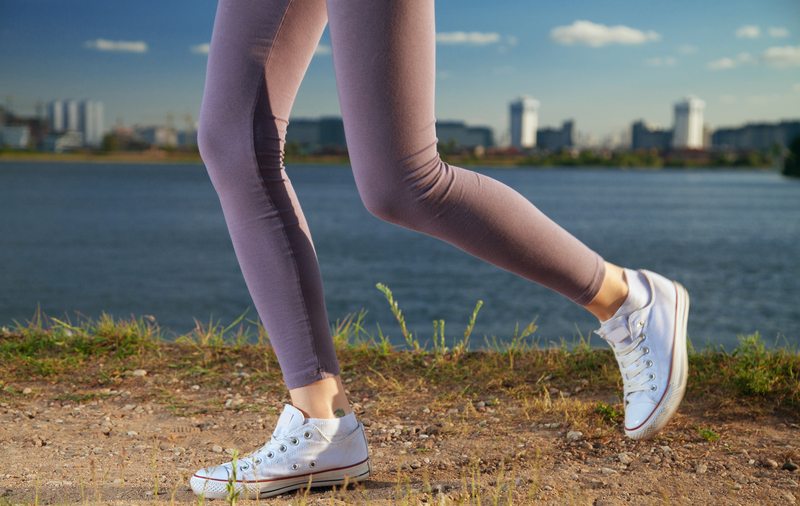
How many times have you gone out for a run and felt like your legs were made of concrete, or worse? Surprisingly, they might not feel so bad from something that you did as from something that you didn’t do. New Orleans orthopedic surgeon Dr. Richard Meyer says it’s important to treat your legs well between runs to gain more enjoyment from your workouts, increase performance, and speed up recovery time.
Before You Run:
- If you eat a large meal before a run, wait at least three hours before you head out. Almost nothing you eat immediately before a run will digest enough to give you energy during your run.
- Drink at least 8 oz. of water a half hour before heading out to prevent dehydration. If you’re going for longer than a 10K, your New Orleans orthopedic surgeon suggests taking a water bottle or planning a route that has a water stop along the way.
- You may be tempted to do intense stretching to get warmed up, but try ankle rolls, hip rotations, and knee circles to get your body loose and relaxed without straining cold muscles and joints.
- Begin your runs with a very relaxed and easy stride – not too fast. Increase your pace slowly until you’re running at your desired level.
- Track the mileage on your shoes. Your New Orleans orthopedic surgeon warns that at about 500 miles, mid-soles can become too compressed to return to their original shape between runs, and your feet and legs will begin to notice.
After Your Run:
- After a three to five minute cool down jog, stretch thoroughly. Don’t just jump back into your car and head off to your next event, or you could be walking around with tight legs for the rest of the day.
- Take a hot bath or relax in a hot tub after your workout if you you’re your New Orleans orthopedic surgeons suggests soaking your legs to warm your muscles and relax them back into their normal shapes.
- Do “leg drains” by lying on your back with your legs extended vertically and feet propped against a wall for three to four minutes.
- If you’ve just done a strenuous workout, one of your next two meals should be a solid protein meal, which helps your muscles rebuild themselves.
- Whether or not you’re a regular runner, you should be drinking water all day long. Eight to 10 glasses of water spread throughout the day will replenish the fluid lost to exercise.
If you have any questions regarding your running routine – or if you are experiencing pain – call the office of New Orleans orthopedic surgeon Dr. Richard Meyer today to schedule a consultation.